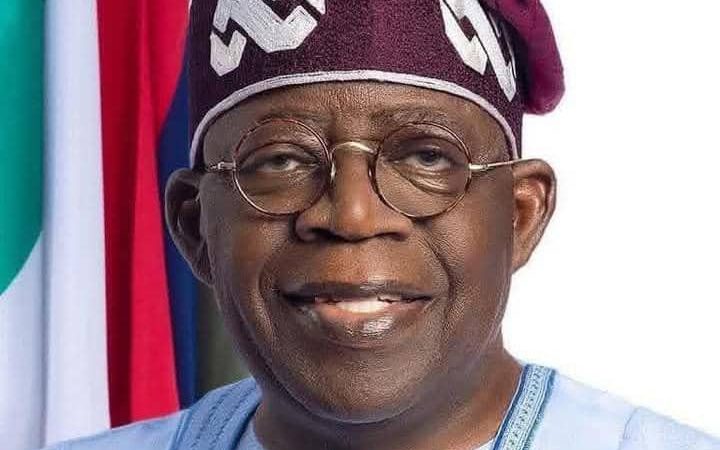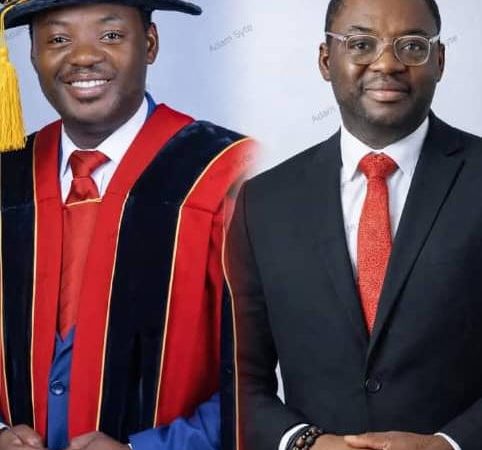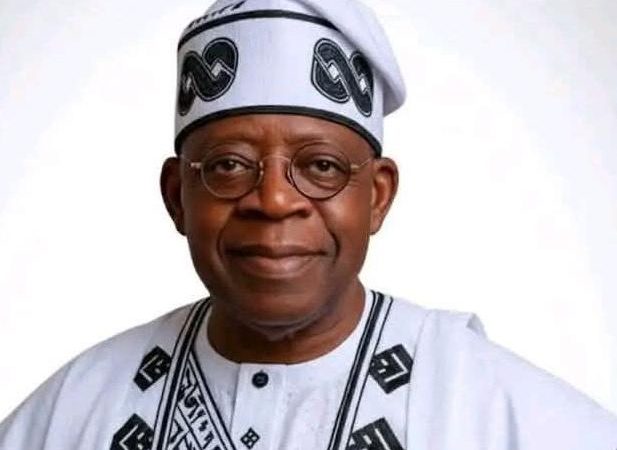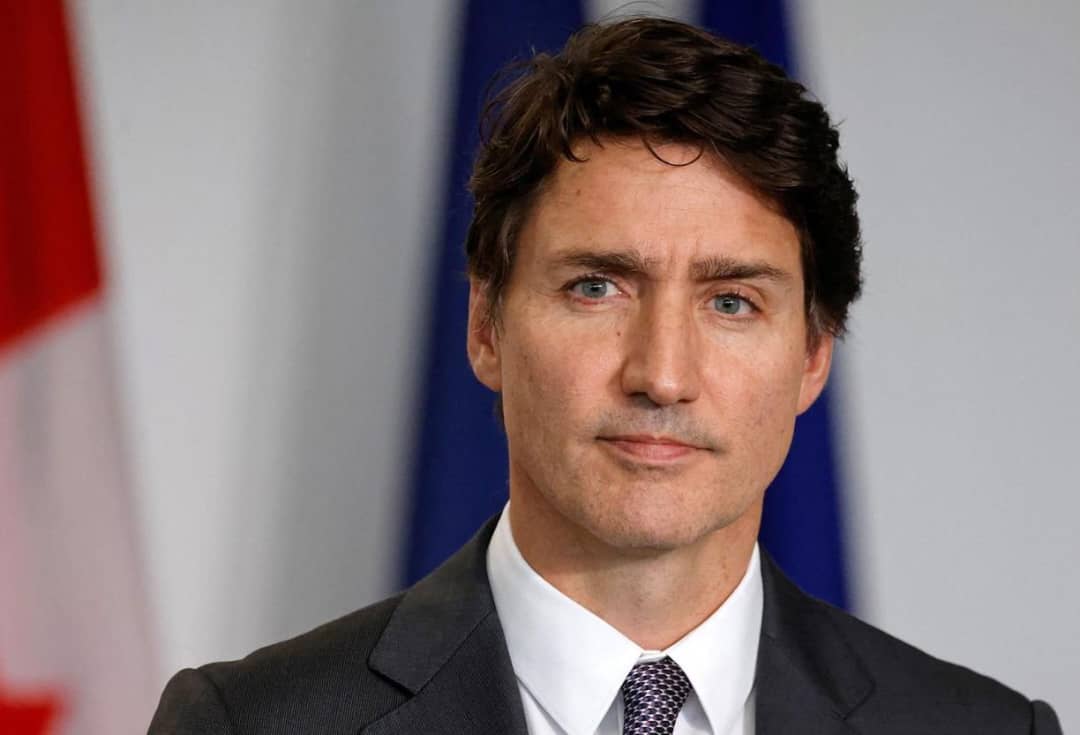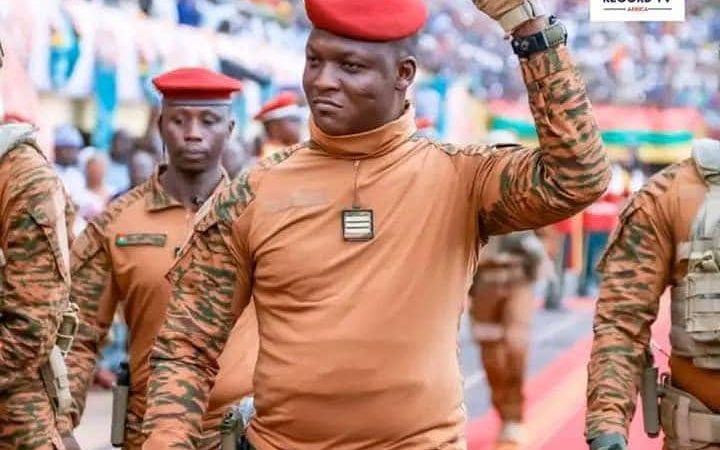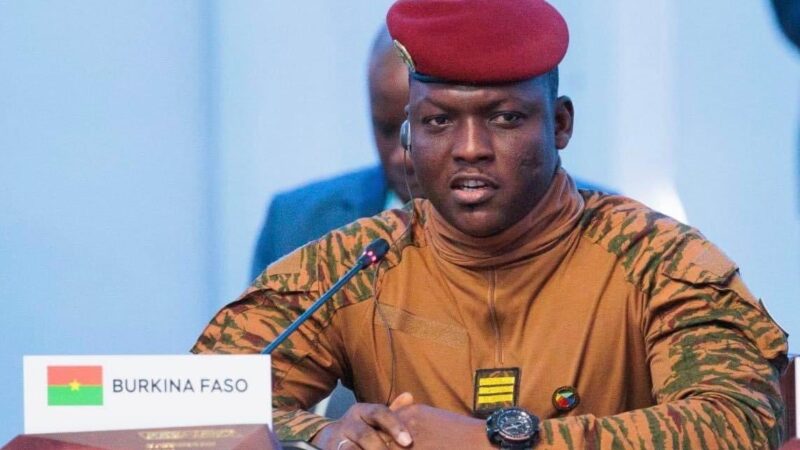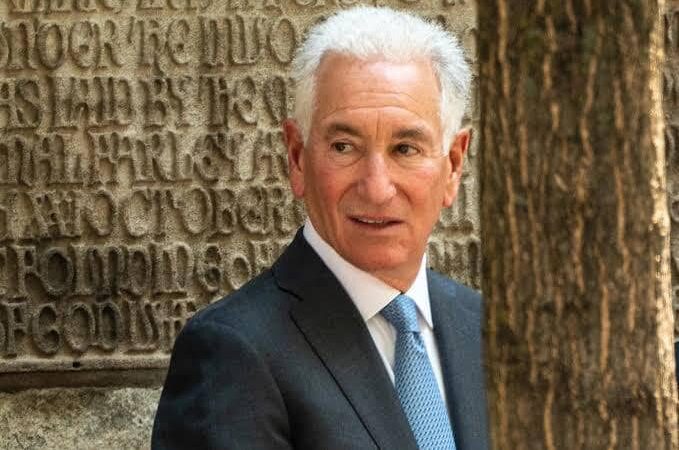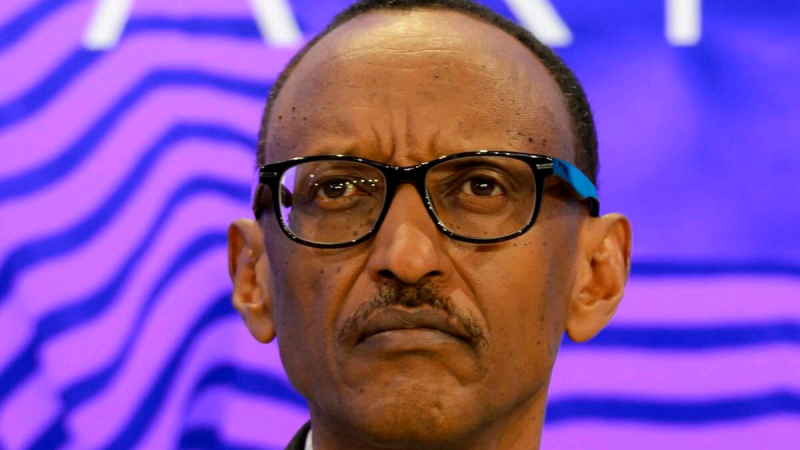Canada PM Trudeau’s Resigned After 9 Years In Office
Justin Trudeau has announced his resignation as Liberal Party leader. He will remain as Canadian prime minister until the party has chosen a successor.
It’s the end of a nine-year stint in office, as pressure grew from within his Liberal Party which is trailing significantly behind the opposition Conservatives in the polls.
Trudeau made the announcement from his Rideau Cottage residence.
Sources had previously told The Globe and Mail that Trudeau’s resignation was likely to happen before an emergency meeting for the Liberals on Wednesday.
The row inside Trudeau’s party broke out after the U.S. President-elect Donald Trump announced a proposal to introduce 25 percent tariffs to the country.
Deputy Prime Minister Chrystia Freeland unexpectedly stepped down in mid-December, citing differences with Trudeau on how to approach Trump’s presidency and tariff proposals.
But pressure had already been growing on Trudeau from within the party as its popularity collapsed in the polls.
Canada is already due to hold a general election by the end of October this year.
Justin Trudeau said, “As you all know, I am a fighter, and I am not someone who backs away from a fight, particularly when a fight is as important as this one is.”
“But I have always been driven by my love for Canada, by my desire to serve Canadians and by what is in the best interests of Canadians, and Canadians deserve a real choice in the next election, and it has become obvious to me with the internal battles that I cannot be the one to carry the liberal standard into the next election,” the outgoing prime minister argued.
“Last night, over dinner, I told my kids about the decision that I shared with you today,” he said Monday.
“I intend to resign as a party leader, as prime minister after the party selects its next leader through a robust, nationwide, competitive process,” he added. “Last night, I asked the president of the Liberal Party to begin that process. This country deserves a real choice in the next election, and it has become clear to me that if I am having to fight internal battles, I cannot be the best option in that election.”
Justin Trudeau took to the podium, saying “Every morning I’ve woken up as prime minister, I’ve been inspired by the resilience, the generosity and the determination of Canadians.”
He added: “It is the driving force of every single day I have the privilege of serving in this office, that is why, since 2015 I’ve fought for this country, for you, to strengthen and grow the middle class, why we rallied to support each other through the pandemic, to advance reconciliation, to defend free trade on this continent, to stand strong with Ukraine and our democracy and to fight climate change and get our economy ready for the future.”
“We are at a critical moment in the world,” he argued.
Justin Trudeau met with Canada’s governor general this morning, asking her to prorogue parliament until 24 March, according to CBC and CTV News.
Prorogue parliament means that all proceedings will cease without dissolving parliament, giving the party time to find a new leader.
What may happen next
Under the constitution of the Liberal Party, the leader can hand in his or her resignation at any point, leading to a leadership contest, which usually takes a few months.
But that process may be sped up as an election is set to be held in Canada on or before 20 October.
A snap election could be held if Trudeau calls for one or if parliament passes a no-confidence vote.
“Trudeau is deeply unpopular and has been trailing badly in the polls. He was under enormous pressure to step down before this year’s election,” FiveThirtyEight elections analyst Nathaniel Rakich wrote on X.
Mr Trudeau’s latest crisis has been sparked by the sudden resignation of his finance minister Chrystia Freeland, amid a row over how best to handle US President-elect Donald Trump’s threatened trade tariffs.
Once the poster boy for liberal politics, his popularity has waned, and his approval rating has dipped below 30 percent several times this year.
So what went wrong?
If Justin Trudeau chose not to quit – and instead to face a vote of no-confidence which is set to be brought against him – there is another constitutional route through which he could be removed.
In Canada, constitutional power ultimately lies with governor general Mary Simon.
The governor general is the federal representative of King Charles III. They are appointed by the monarch on the advice of the Canadian prime minister and technically serve for an indefinite term – although this is usually five years.
Ms Simon has the power to remove Mr Trudeau, if she wished. But in reality, this would never happen.
“The governor general won’t dismiss a prime minister who still holds the confidence of the Commons,” Philippe Lagasse, a professor and constitutional expert at Ottawa’s Carleton University, said.

